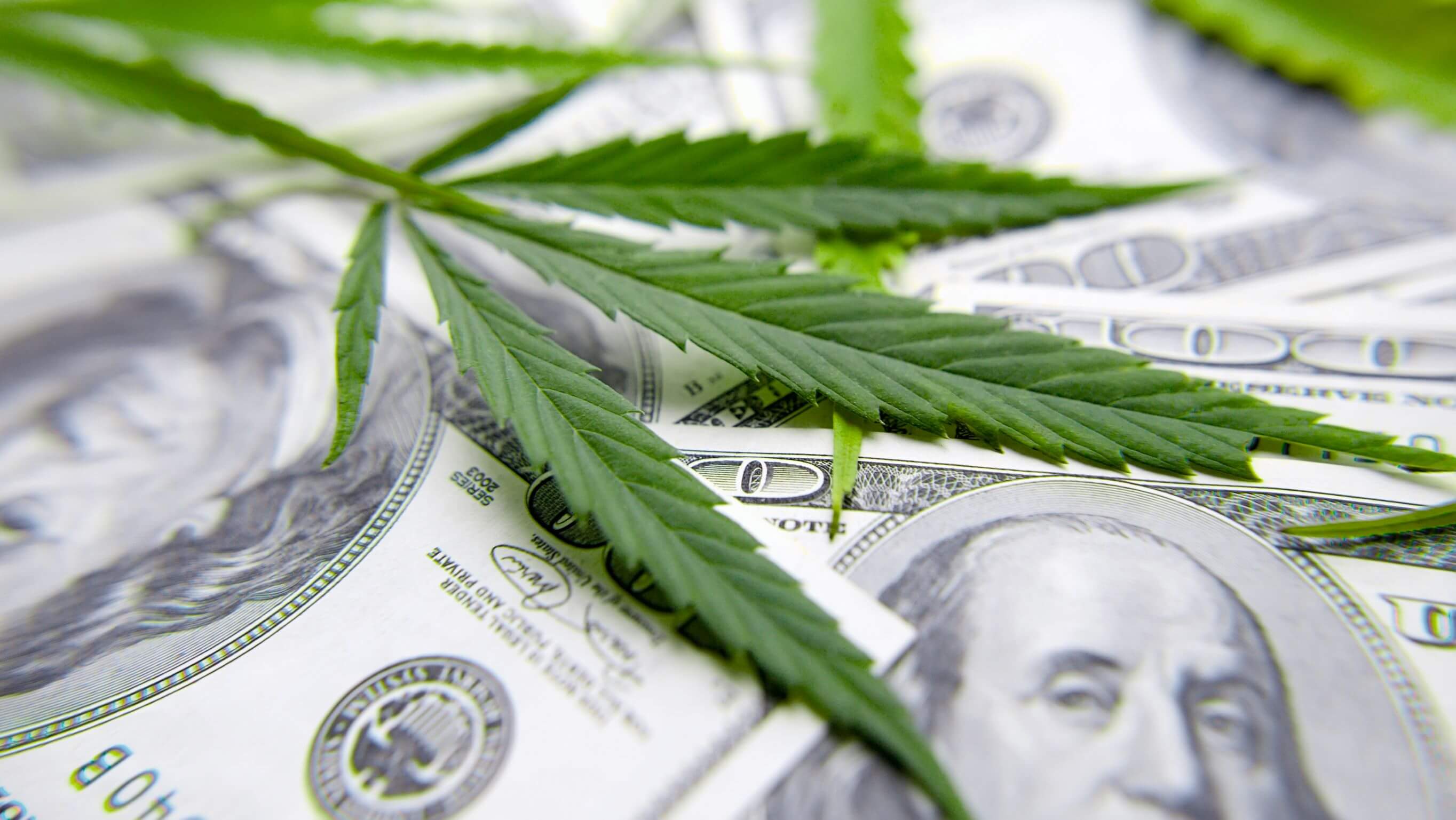Resources
Colorado state tax revenue from the legal cannabis industry surpassed $2 billion in January and the state has collected more than $88.7 million in fees.
In addition to state and local taxes and fees, cannabis businesses have an effective federal tax rate of about 70% – compared to about 26% for other businesses.
Did you know Colorado legal cannabis dispensary owners are unable to deduct normal business expenses like payroll and rent from their federal income taxes?
Marijuana has contributed over $320 Million dollars to Building Excellent Schools Today (B.E.S.T.), making up about 25% of the program's entire budget.
In FY 21-22 alone, nearly $15.3 million in state cannabis dollars went to state Affordable Housing Grant and Loans.
The Marijuana Tax Cash Fund collected $188.8 Million in FY 2021-22 alone.
In FY 21-22 alone, nearly $15 million in cannabis dollars went to the School Health Professional Grant program.
More than $15 million in cannabis dollars went to substance abuse treatment in FY 21-22.
More than $1.6 million cannabis dollars went to the Tony Grampsas Youth Services Program in FY 21-22.
Voters in 59 of 64 Colorado counties voted no on Proposition 119 sending a clear message against raising taxes on cannabis consumers.
Unlike other legalized substances, the marijuana industry has a 97% compliance rate for unauthorized sales.
Unlike alcohol, research has proven you can only get “so high.” Cannabinoid receptors in your brain eventually prevent the body from getting further intoxicated.
Did you know? Since legalization in 2005, teen use in Colorado has remained flat and is below the national average.
According to a recent poll by the Pew Research Center, more than 90% of Americans think cannabis use should be legal.
Did you know? MIG represents more than 400 cannabis business licenses across the state.
A 2021 study found that medical cannabis use was associated with clinical improvements in pain, function, and quality of life with reductions in prescription drug use.
Founded in 2010, MIG is the oldest and largest trade association for licensed cannabis businesses.
Colorado’s marijuana model has become the example for all other regulated cannabis states, and MIG works directly with policy makers to ensure that Colorado’s program is fair, tightly regulated, safe, and successful.
Safe Sales: Every marijuana sale in CO takes place on camera and requires multiple ID checks.
All regulated marijuana in Colorado is tracked from “seed to sale,” with oversight from the Marijuana Enforcement Division.
Established in 2010, MIG has led legislation for child resistant packaging, customer safety resources, and purchase restrictions for 18-20 year olds.
Marijuana is taxed at both state and local levels. This year Aurora built a new $34 Million dollar rec center, fully funded by local marijuana taxes.
The marijuana industry suffers from unfair Federal tax rules, which means that MIG members’ effective tax rates are around 71%.
A 2019 study showed that crime does not increase with legalization.
Conditions for medical marijuana
Cancer - Glaucoma - HIV or AIDS - Cachexia - Persistent muscle spasms - Seizures - Severe nausea - Any condition for which a physician could prescribe an opioid - Autism Spectrum Disorder - Severe pain - PTSD
Most marijuana businesses have access to banks, but because marijuana is still federally illegal, businesses are unable to access merchant processing services such as VISA or Mastercard.
Consuming higher potency marijuana does not lead to higher levels of impairment.
-- Journal of the American Medical Association (JAMA) 2020
71% of Colorado voters favor marijuana legalization. This has increased 10 points in the last four years alone.
New Marijuana Sales Numbers Show Another Record for Lowest Medical Sales Since Legalization, Down By Nearly Half In a Year
MIG Press Release

FOR IMMEDIATE RELEASE DATE:
September 13, 2022
CONTACT: Madeleine Schmidt
New Marijuana Sales Numbers Show Another Record for Lowest Medical Sales Since Legalization, Down By Nearly Half In a Year
Continued Decline in Colorado Recreational and Medical Marijuana Sales Pushes Businesses to the Brink
DENVER – Recreational and medical marijuana sales numbers released yesterday by the Colorado Department of Revenue signal that a critical Colorado industry is on the brink, with total sales down by nearly a quarter since last year. Medical marijuana sales from July are down by nearly half compared with July 2021 – the lowest medical sales recorded since legalization nearly a decade ago.
“There is a dangerous perception that Colorado’s cannabis industry is a cash cow, leading state and local leaders to look to cannabis businesses to fund special projects on top of many of the critical services that Coloradans rely on,” said Tiffany Goldman, board chair of the Marijuana Industry Group. “This perception is false, and it is simply unsustainable to treat this industry like a piggy bank for state and local governments. Small cannabis businesses are closing their doors and patients are struggling to get treatment for chronic conditions, cancer, PTSD, and more, in large part due to unsustainable tax levels and burdensome regulations that make it impossible for this industry to thrive. While we’re proud to generate millions in revenue for critical public programs related to affordable housing, education, mental health, and more, this revenue stream is now at risk.”
The state recorded $153.9 million in total sales for recreational and medical marijuana in July, down from $202.8 million in June of 2021, a 24% decrease. Medical sales for July in particular have decreased sharply compared with last year, with just $18.3 million in sales for July compared to $35.0 million in 2021, a 48% drop. Recreational sales were down 19% percent year over year, from $167.8 million last July to $135.6 million in July of this year.
The drop in sales has resulted in a troubling decrease in state and local tax revenue and the public programs that rely on this funding, from affordable housing to public safety to education. In 2021, the state had collected $290.5 million in tax revenue by the end of August. This year, the state has collected just $225.3 million, a 22% decrease from last year. If this pace continues through the end of the year, the state could face a $95 million shortfall in cannabis tax revenue.
“With over 41,000 people directly employed by Colorado cannabis businesses, the marijuana industry is both a critical job provider and source of revenue for the state. MIG was pleased to see that the My Spark Denver initiative, which would have increased recreational marijuana taxes in Denver by nearly 50%, was pulled from the November ballot. In the future, we hope lawmakers and elected leaders will understand the sad reality that Colorado cannabis businesses are struggling and that we must work to protect an industry that provides good paying jobs and tax revenue for our state.”
###
About MIG: MIG was founded in 2010 by cannabis business owners and supporters who wanted to help craft Colorado’s earliest medical marijuana regulatory framework. MIG is the oldest and largest trade association for licensed cannabis businesses. Comprising approximately 500 business licenses, MIG has strong representation and connections across the state
Additional Info
Media Contact : Madeleine Schmidt








